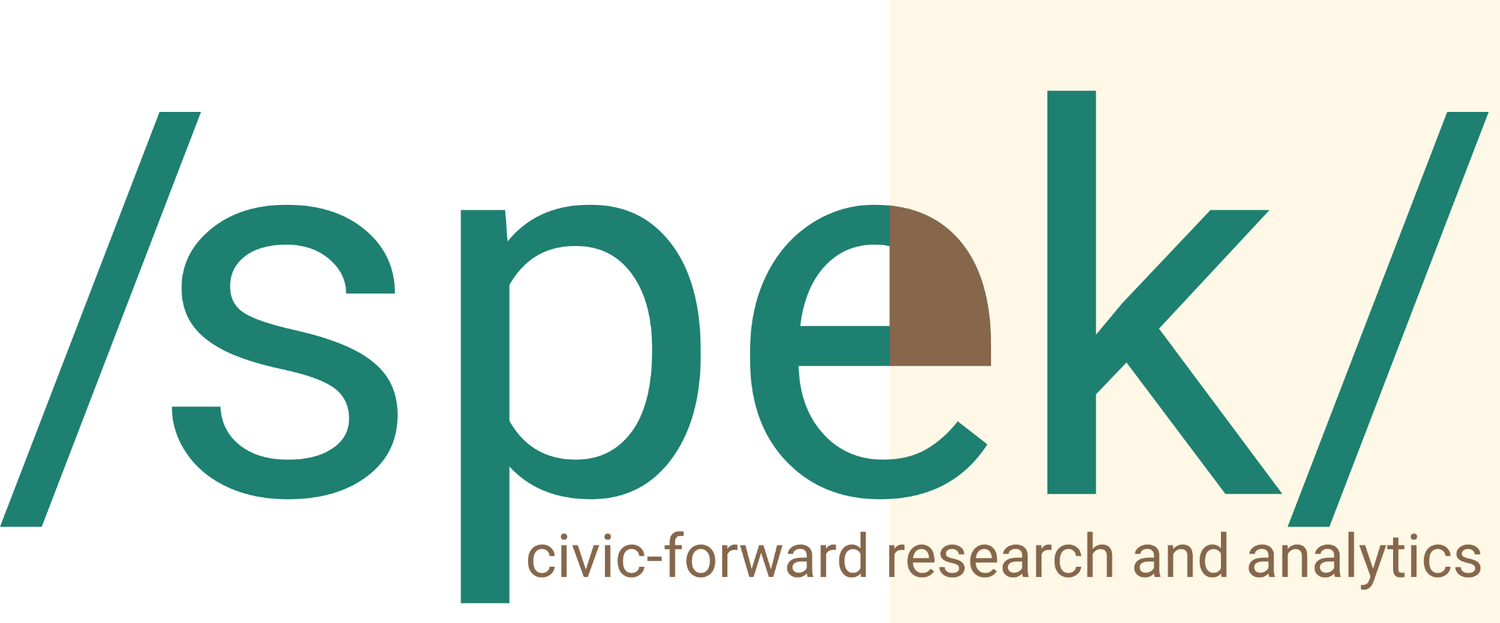Expanding Black Business Credit: Strategies to Close the Wealth Gap
The Current Landscape
The racial wealth gap remains a stark and persistent reality in the United States. According to the 2022 Survey of Consumer Finances, the typical White family held about $285,000 in wealth—six times more than the typical Black family, whose median wealth was just $45,000.
A major contributor to this gap? Inequitable access to business capital.
Despite making up 14% of the U.S. population, Black Americans accounted for just 3% of employer firms in 2022. In contrast, White Americans made up 81% of employer firms, while representing 74% of the population (Brookings).
Not only are Black-owned businesses underrepresented, they also tend to be smaller in scale. According to the 2024 Small Business Credit Survey, 80% of Black-owned employer firms have just 1–4 employees, compared to 52% of White-owned firms.
The same survey reveals a double bind: Black business owners apply for credit at higher rates (49% vs. 36% for White-owned firms) but are twice as likely to be denied (39% vs. 18% for White-owned firms).
Expanding Access to Credit for Black Entrepreneurs
The Expanding Black Business Credit (EBBC) consortium is tackling this issue head-on. EBBC is a national group of Black-led Community Development Financial Institutions (CDFIs) with a shared mission: “to create thriving business ecosystems that strengthen Black-owned small businesses, Black-led nonprofits, and the Black-led CDFIs that help them to succeed.”
To surface and share promising strategies, EBBC conducted in-depth site visits with member organizations across the country. These visits offered insights into how members overcome underwriting barriers, build trust with borrowers, and advise small business owners for success.
Members also identified emerging opportunity sectors— including real estate development, construction, and owner-occupied commercial real estate—where credit access can be a catalytic tool for building Black wealth.
Partnering with EBBC to Make Data More Actionable
We supported EBBC’s research efforts by:
Collecting and organizing data from EBBC members to show how they’re deploying capital to Black-owned businesses and Black-led community organizations.
Investigating ecosystem indicators such as entrepreneurship rates, educational attainment, trends in employer and nonemployer firms by sector, along with SBA loan demand patterns, both overall and disaggregated by race.
Analyzing and visualizing trends across member loan portfolios and industry benchmarks to assess how member loan demand compares to broader market activity by sector.
Creating a shared data inventory, drawing from member impact reports, CDFI compliance reporting, and Black Vision Fund metrics, to help streamline reporting.


